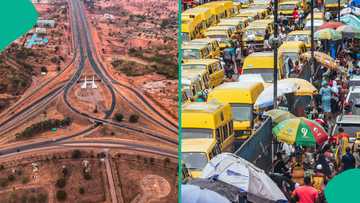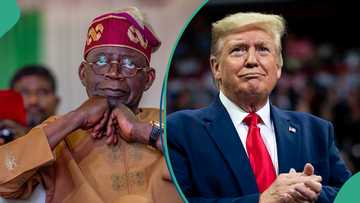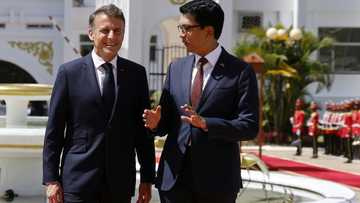How the Sahel Levy Tests Africa’s Resolve to Build a Single Market, By Sami Tunji
Editor's note: In this piece, Sami Tunji, a Free Trade Fellow at the Ominira Initiative, examines how the Sahel import levy imposed by breakaway states challenges Africa’s commitment to building a unified continental market under the African Continental Free Trade Area (AfCFTA).
In March 2025, the Alliance of Sahel States (AES), a bloc forged by Mali, Burkina Faso, and Niger, announced the imposition of a 0.5% import levy on goods originating from several West African nations, including regional heavyweight Nigeria. On the surface, it may seem like a modest fiscal adjustment—less than one per cent added at the border. But beneath that small percentage lies a deep fracture in Africa’s grand ambition: creating a unified continental market through the African Continental Free Trade Area (AfCFTA).
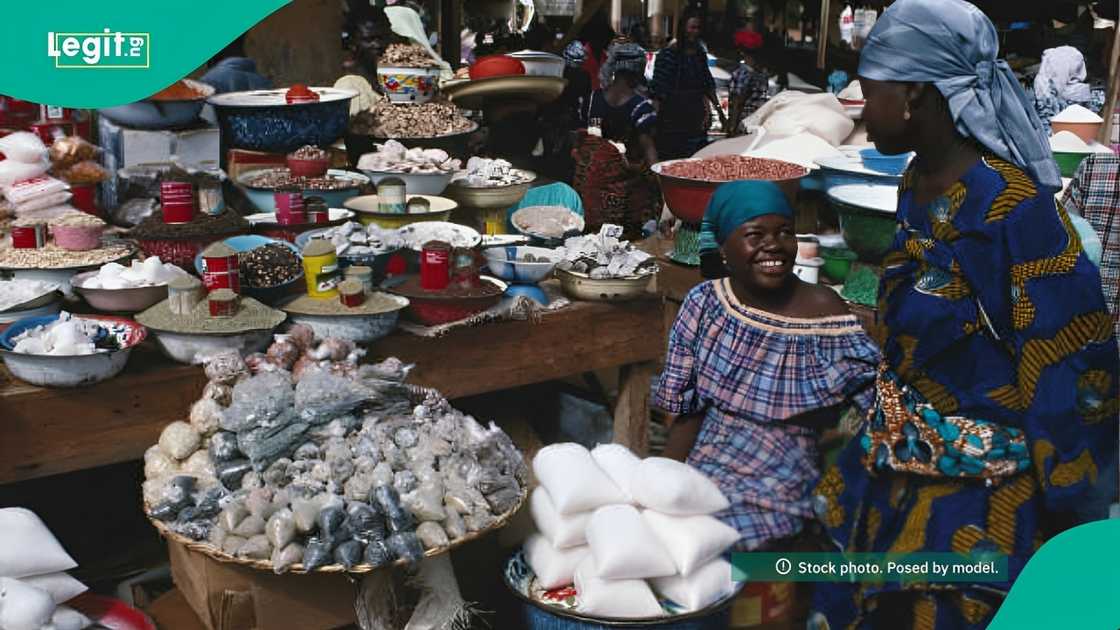
Source: Getty Images
The AES’s decision followed its formal exit from the Economic Community of West African States (ECOWAS)—a politically charged move in response to the bloc’s sanctions and increasing tensions over military takeovers. Introduced as a revenue source to fund the fledgling AES union, the levy effectively dismantles what was once duty-free access for West African countries. It starkly highlights the fragility of Africa’s regional integration aspirations.
At its heart, this levy is more than just a budgetary mechanism. It is a political statement—a declaration of separation from the collective West African project and a rejection of economic interdependence as a tool for regional solidarity. For the AES, the levy is a sovereign assertion. For the broader African project, it is a potential stumbling block that exposes the fault lines between politics and trade.
A political divorce with economic consequences
The West African region has long harboured ambitions for deeper integration, with ECOWAS serving as the fulcrum of economic and political cooperation. Although fraught with challenges, ECOWAS has, over the decades, maintained a common external tariff, promoted the free movement of people and goods, and provided a forum for conflict resolution and policy coordination.
The exit of Mali, Burkina Faso, and Niger from ECOWAS and the subsequent tariff imposition mark a sharp deviation from this integrationist path. It is, in essence, a reversal. Once incentivised through shared markets and lowered barriers, trade is now weaponised—a tool of economic distinction rather than unity.
The AES levy complicates trade between its members and ECOWAS nations, deepens the administrative burdens at borders, erodes trust, and creates room for retaliatory measures. Traders operating along already difficult trans-Sahelian routes now face uncertainty and increased costs. At a time when food inflation and logistics bottlenecks are already affecting millions, this move risks exacerbating economic hardship.
A threat to AfCFTA’s credibility
The AfCFTA was launched in 2021 with fanfare and the lofty goal of establishing a seamless, continent-wide market. Designed to promote intra-African trade, encourage industrialisation, and reduce reliance on external partners, the AfCFTA has been hailed as one of the continent’s most transformative initiatives. But its success hinges on regional blocs functioning as the building blocks of a broader continental integration.

Source: Getty Images
The AES levy sends a troubling signal to other countries on the continent: that short-term political disagreements or security interests can override long-term economic commitments. It reveals how vulnerable the AfCFTA remains to the push-and-pull of regional politics. If member states of the same regional economic community cannot uphold trade commitments among themselves, how realistic is the vision of a fully integrated African market? When Africa’s regional economic communities fracture, when one set of countries retreats inward rather than builds outward, the entire AfCFTA framework suffers.
Landlocked but not isolated?
Interestingly, the AES countries—Mali, Burkina Faso, and Niger—are all landlocked. Historically, they have depended heavily on ports in ECOWAS countries, such as Benin, Togo, Ghana, and Nigeria, to access global goods. This dependence makes the tariff even more puzzling, if not self-sabotaging.
By imposing levies on goods passing through neighbouring coastal nations, the AES is effectively raising its citizens’ cost of living. Everything from foodstuffs to fuel and medicine—much of which comes through these routes—now faces additional cost burdens. It’s a move that may serve short-term fiscal goals but risks exacerbating socio-economic vulnerabilities, particularly in regions already struggling with insecurity, poor infrastructure, and climate shocks.
One must ask: Can these nations afford to isolate themselves economically while grappling with internal and external challenges? The AES leadership is betting on internal cohesion and political solidarity. However, the economic cost could prove overwhelming, especially for a bloc that still relies on its southern neighbours for market access and humanitarian relief.
What this means for Nigeria and the region
With its vast market and central role in the region, Nigeria recently signed and submitted its ECOWAS Tariff Offer to the AfCFTA, establishing zero duties on 90% of goods traded within the continent. However, the country stands at the intersection of this regional dispute. As the largest trading partner in West Africa, Nigeria has a vested interest in a stable, integrated regional economy. The AES’s decision disrupts trade flows and threatens longstanding commercial relationships, particularly for businesses along border towns and transit corridors that link Kano, Katsina, and Sokoto to Niger Republic.
The levy may seem small, but its impact accumulates for bulk goods and repeated transactions. More importantly, it sets a dangerous precedent that could cascade into other protectionist measures within and outside the region.
Nigeria and ECOWAS, more broadly, must tread carefully. Retaliation—through reciprocal tariffs or political isolation—could further destabilise the region. Instead, diplomatic engagement and creative incentives may be needed to rebuild bridges and draw the AES countries back into a cooperative framework.
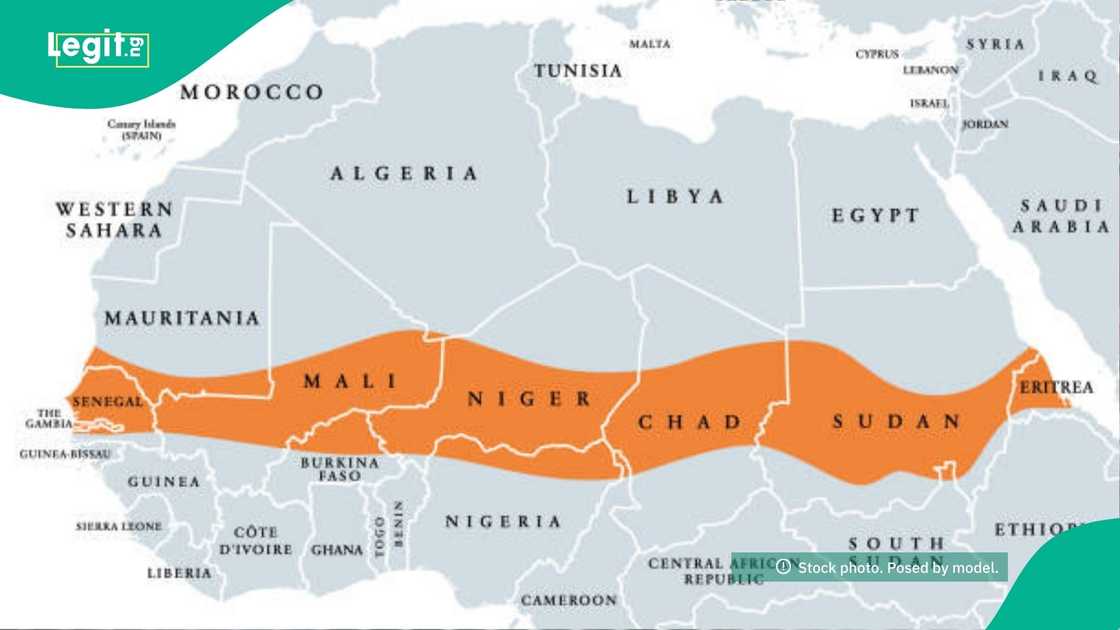
Source: Getty Images
A wake-up call for AfCFTA
Africa’s path to economic prosperity lies not in fragmentation but in unification. While rooted in political expression, the AES import levy risks undoing decades of progress in building interconnected markets and trust between nations.
The Sahel levy is, in essence, a stress test for AfCFTA. It highlights the disparity between political aspirations and economic realities. African nations must now reckon with a central question: Are we truly committed to a continental market, or are we only interested in integration when it is politically convenient?
For AfCFTA to succeed, African leaders must re-commit to its founding principles. They must be strongly committed to resolving political disputes through dialogue, rather than imposing trade restrictions. It means putting in place dispute resolution mechanisms that can pre-empt the kind of breakdown we are witnessing in West Africa. It means prioritising the long-term benefits of economic integration over the short-term allure of political autonomy.
The AfCFTA secretariat, based in Ghana, must also seize this moment. Rather than remain a bystander, it should be a convener of dialogue and coordination. The Sahel crisis provides a unique opportunity to clarify how trade disputes between neighbours should be handled under AfCFTA, especially when regional communities break down. Rather than viewing this as a setback, the continent must treat it as a wake-up call. The Sahel test is here. How Africa responds will shape the fate of its single market for decades.
Disclaimer: The views and opinions expressed here are those of the author and do not necessarily reflect the official policy or position of Legit.ng.
Sami Tunji is a senior business correspondent at The PUNCH Newspaper and a Free Trade Fellow at Ominira Initiative.
Source: Legit.ng


